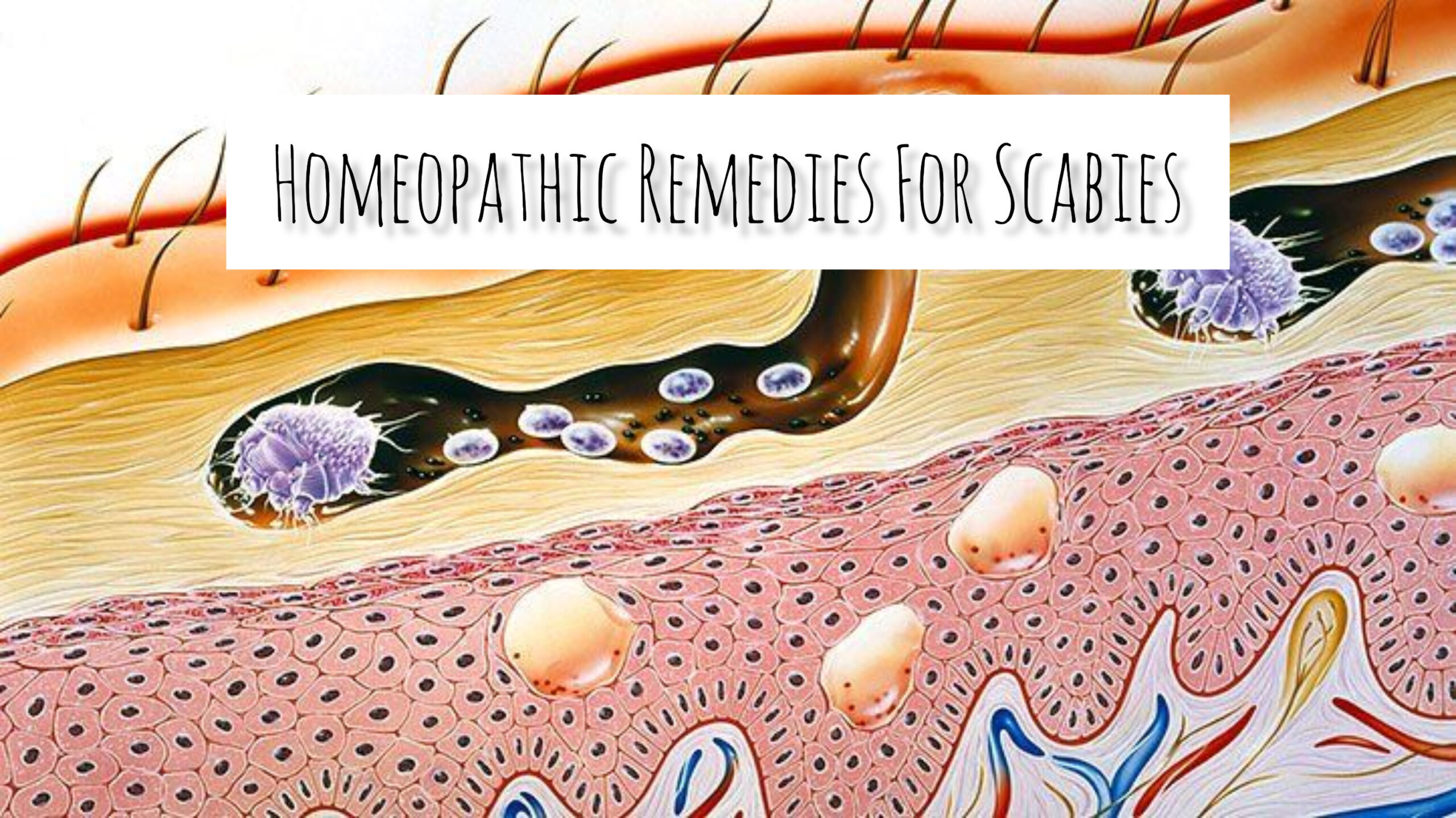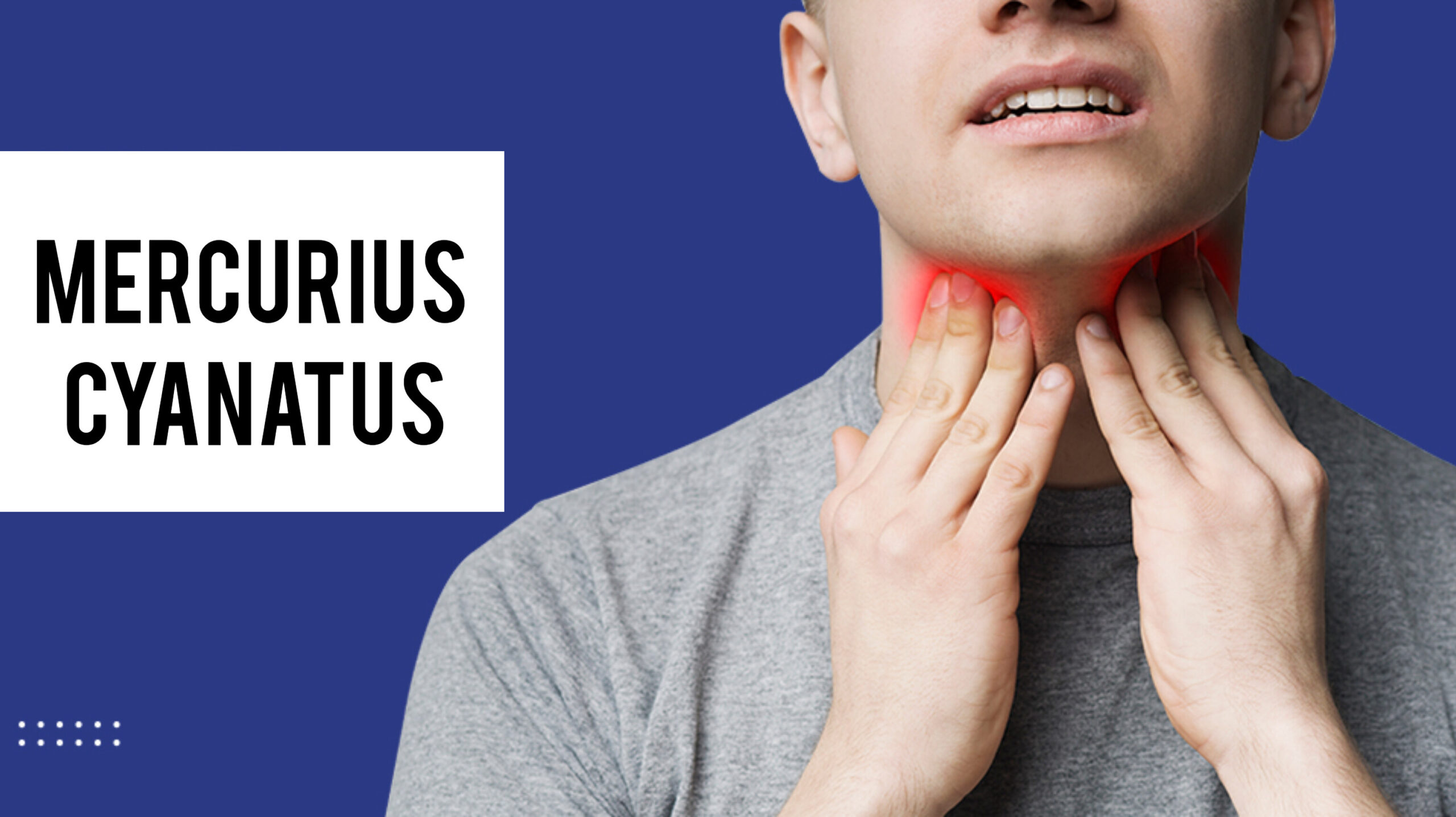
Anacardium Orientale | Homeopathic Materia Medica | HDS
Anacardium is a homeopathic remedy derived from the nut of the cashew tree, Anacardium orientale. In homeopathy, it is primarily used to treat a range of physical, emotional, and mental symptoms. It is believed to be particularly useful for individuals who experience a combination of inner conflict, low self-esteem, and a sense of duality.
Common Name : Marking Nut
Source : Vegetable Kingdom
Family : Anacardiaceae
Ailments : Bad effects of mental excitement, excessive utilization of brain for purposeless thoughts, emotions, anger, fright, care, sedentary habits, mental exertion, over study, suppressed eruptions.
Constitution : Suits better to the old people or nervous hysterical women where there is impaired memory, depression and irritability.
Mental Symptoms :
- Feels as though he had two wills, one commanding him to do what the other forbids.
- Fixed ideas.
- Sensation as if the mind were separated from the body.
- Hallucinations
- Profound melancholy and hypochondriasis
- Delusion, that he is separated from the world.
- Unfeeling, hard-hearted.
- Delusion, of being double.
- Delusion, is under super-human control.
- Delusion, sees devils.
- Cruelty, inhumanity.
- Cursing.
- Hatred.
- Senile dementia.
- Moral feeling, want of.
- Kill, desire to.
- Kisses his companion’s hands.
- Sudden loss of memory.
- Timidity, bashful.
- Rage, leading to violent deeds.
- Feelings of indecision.
- self-doubt.
- lack of confidence.
- Irresistible desire to curse and swear .
- Suspiciousness.
- self-punishing behaviors.
- Strange temper, laughs at serious matters and is serious over laughable things.
Clinical Conditions :
Alcoholism. Apoplexy. Brain-fag. Constipation. Cough. Debility. Dysmenorrhea. Dyspepsia. Eczema. Elephantiasis. Examination funk. Hemorrhoids. Headache. Heart, affections of. Hypochondriasis. Hysteria. Insanity. Memory, loss of. Mental weakness. Nervous ailments. Palpitation. Paralysis. Pemphigus. Rheumatism. Self-abuse. Skin, diseases of. Smell, illusions of. Spine, affections of. Stiff-neck. Vomiting of pregnancy. Whooping-cough. Warts. Writer’s cramp.
Characteristic Physical Guiding Symptoms :
- The Anacardium patient is found mostly among the neurasthenics; such have a type of nervous dyspepsia, relieved by food.
- Soon forgets everything; consciousness of forgetfulness takes away appetite. Impaired memory.
- Syphilitic patients often suffer with these conditions. Intermittency of symptoms.
- A very characteristic sensation is a pressing or penetrating pain as from a plug, which may occur in any locality in connection with neuralgias.
- Paralysed feeling in knees. Sensation as if knees were bandaged.
- Aversion to work; lacks self-confidence; irresistible desire to swear and curse.
Particulars :
1. Head :
- Head confused.
- Fits of giddiness.
- Vertigo on walking, as if all objects were too distant, or undulating.
- Whirling dizziness, with obscuration of the eyes on stooping.
- Congestion of blood to the head, with pain in the cerebellum. Vertigo.
- Pressing pain, as from a plug; worse after mental exertion-in forehead; occiput, temples, vertex; better during a meal.
- Itching and little boils on scalp.
- Pressive pain in the temple, as from a nail; < after eating, in the cold air, and from exertions of the mind.
2. Eyes :
- Painful pressure on the eyes.
- Pressure in the eyes as from a plug.
- Objects appear too far off. Photophobia.
- Contraction of the pupils.
- Weakness and confusion of sight.
- Myopia.
- Threads and black spots appear before the eyes.
- A nimbus round the candle in the evening.
- Indistinct vision.
3. Ears :
- Pressing in the ears as from a plug.
- Hard of hearing.
- Shooting and tearing otalgia.
- Itching in the ears.
- Hardness of hearing.
- Buzzing and roaring in the ears.
4. Nose :
- Epistaxis.
- Diminution of the sense of smell.
- Anosmia.
- The sense of smell is too acute or illusory.
- Constant smell before the nose, as of pigeon’s dung or burning tinder.
- Stoppage of the nose, with sensation of dryness in the nostrils.
- Coryza (sneezing and lachrymation), and discharge of mucus from the nose.
- Coryza with palpitation, especially in the aged.
5. Face :
- Blue rings around eyes.
- Face pale.
- Rough spots, scurfy and mealy, round the mouth and on the cheeks, with crawling-like itching.
- Burning sensation round the chin.
- Eczema of face and neck, with eruption of small blisters, intensely itching.
6. Stomach :
- Weak digestion, with fullness and distention.
- Empty feeling in stomach.
- Eructation, nausea, vomiting.
- Eating relieves the Anacardium dyspepsia.
- Apt to choke when eating or drinking.
- Swallows food and drinks hastily.
- In the evening, water-brash and vomiting, followed by acidity in the mouth.
- Shootings in the pit of the stomach, chiefly on breathing.
7. Stool and Anus :
- Fruitless inclination to go to stool.
- Urgent desire which passes away with effort to expel.
- Difficult evacuation even of soft stools, from inactivity of the rectum.
- Stools of a pale colour.
- Evacuation of blood with the stools.
- Painful piles (both blind and bleeding) in the anus.
- spasmodic constriction of sphincter ani; even soft stool passes with difficulty.
8. Male :
- Voluptuous itching; Increased or inexcitable sexual desire, seminal emissions without dreams.
- Prostatic discharge during stool.
- Voluptuous itching in the scrotum.
9. Female :
- Leucorrhœa, with soreness and itching.
- Menses scanty.
- Nausea during pregnancy, > whilst eating.
10. Respiratory Organs :
- Hoarseness and sensation of excoriation in the throat, principally after a meal.
- Cough, with tickling in the throat and choking.
- Cough after meals (with loss of smell and taste) with vomiting of what has been taken, or in the evening, in bed, with congestion of blood to the head.
- Oppression of chest, with internal heat and anxiety, driving him into open air.
- Cough excited by talking, in children, after fit of temper.
- Expectoration of blood with the cough.
- On coughing, pain in the head.
- Yawning after a violent fit of coughing.
11. Extremities :
- Neuralgia in thumb.
- Paralytic weakness.
- Cramps in calves.
- Pressure as from a plug in the glutei.
- Warts on palms of hands.
- Fingers swollen with vesicular eruption.
- Trembling, drawing, and jerking in the knees and in the thighs, as if the legs were fatigued by walking.
- Quivering pressure in the thighs.
- Sensation of paralysis in the knees.
- Itchy eruption round the knee, as far as the calves of the legs.
- Jerking and cramp-like pressure in the calves of the legs, and in the legs.
12. Sleep :
- Comatose somnolency, night and day. Spells of sleeplessness lasting for several nights.
- Anxious dreams. Dreams of projects, of fire, of diseases, of deaths, and of dangers.
- At night, toothache; pains in the limbs and in the bones, diarrhœa, cramps in the calves of the legs, and twitching of the mouth and of the fingers during sleep.
13. Skin :
- Burning itching, increased by scratching.
- Covered with blisters, from the size of a pin’s head to a pea, often scarlet red, and sometimes sense of burning.
- Skin not easily excited by irritants.
- swelling, urticaria; eruption like that of Poison-Oak. Lichen planus; neurotic eczema.
- Warts on hands.
- Ulcer formation on forearm.
General Modalities :
Aggravation –
- Mental and emotional strain
- Mental effort
- Suppression of emotions
- Cold weather
- on application of hot water
Amelioration –
- Eating
- Warmth
- Rest
- When lying on side.
- from rubbing.
Worked By : Sunitha Asir (Final BHMS)






